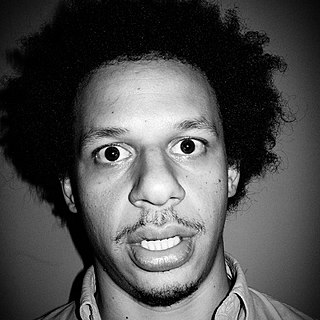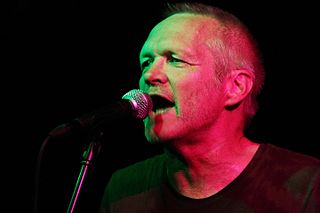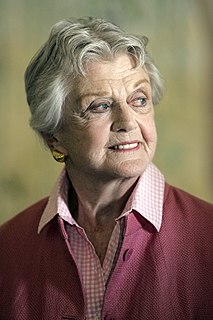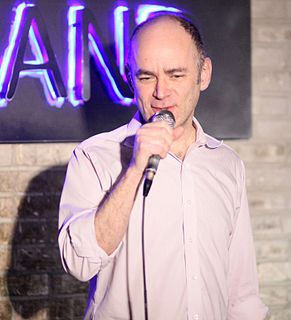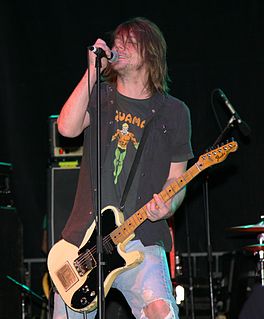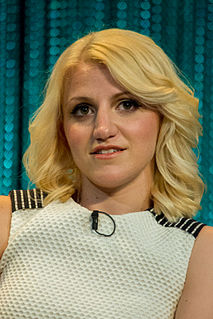A Quote by Brian Regan
Sometimes you'll play, like, a large venue - maybe an outdoor venue or something - where it's so big that you can see all of the disinterested people. You see the audience, but then behind the audience you see people eating ice cream, going for a walk.
Related Quotes
When you play a smaller, more intimate venue, you can have real conversations with your audience, take risks, and stay current. You can also change the set list, on how the day feels or how the audience reacts. When you do arena shows, every arena looks and feels the same. You can't see who is in the room.
From what I see, nowadays punk and anarchy are still connected with "fast loud music by smelly drunk chaos-people" and, yes, I know I'm over-generalizing here. So when the occasional venue still describes us The ex as "anarchopunk" that's a real bummer, since it attracts an audience that expects a kind of music - which we don't play - and it keeps away another audience that actually might have liked it when they would have come. That's a pity, for both them and us.
When we play an outdoor venue, you'll see whole families - boys, girls, men and women - from kids to grandparents who somehow heard the music... Think about how hard it is for artists who can never get a gig at an all-ages gig. Who goes to hear music in bars? People who can get into bars; people who drink.
I've had shows where you think, "Is this going well? I can't tell," and then you say goodnight and you get this ovation. They're sorta like a theater audience. I've learned that much; that they're not always going to be doing backflips - but I'll never figure it out. Because sometimes you walk up there, and they're so excited, and then other times, it's just... But sometimes an audience is bad, and you can tell them they're bad, and that sort of breaks the ice a bit.
When I'm unable to see a mistake I made right away. Maybe this is my Taurus mentality, but sometimes I don't see it and I don't see it and then, before you know it, I finally see it, and I'm like, "How the hell did I not see that? It was right in front of me all this time." And I have to look at the wake I left behind, the disappointment. That makes me feel weak.
On camera, the audience can see your eyes close up - they can see behind your eyes - and when you're on stage, you need to make sure that the person sitting in the back row can feel what's happening behind your eyes, even if they can't see them. Having a live audience is exhilarating and exciting all on its own, but you know, it is quite different.


